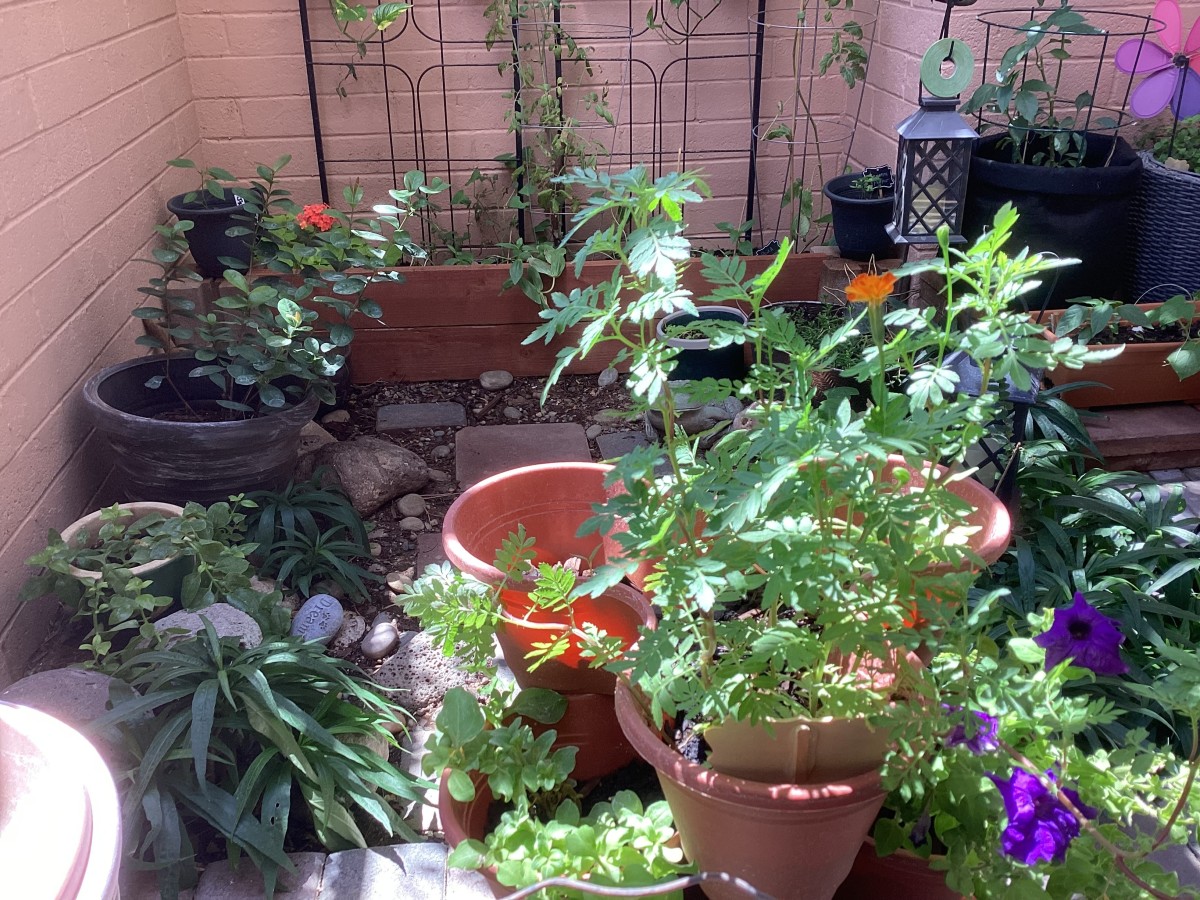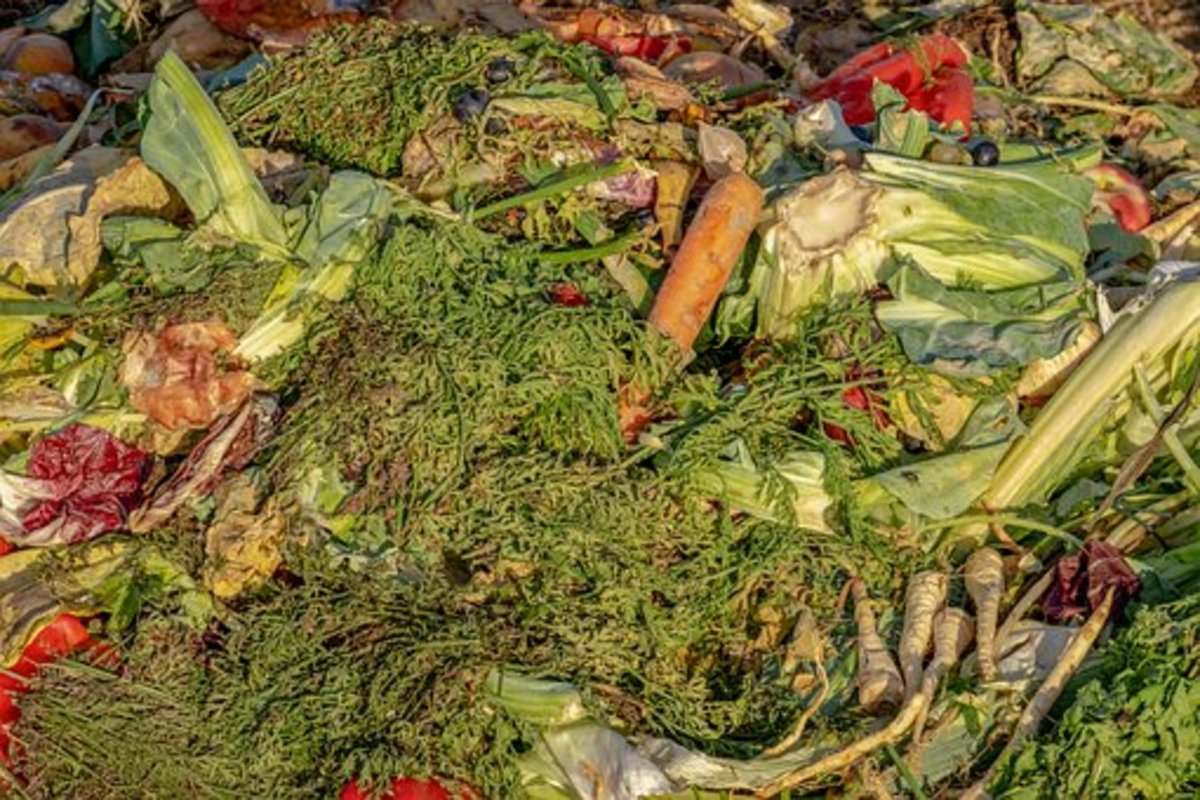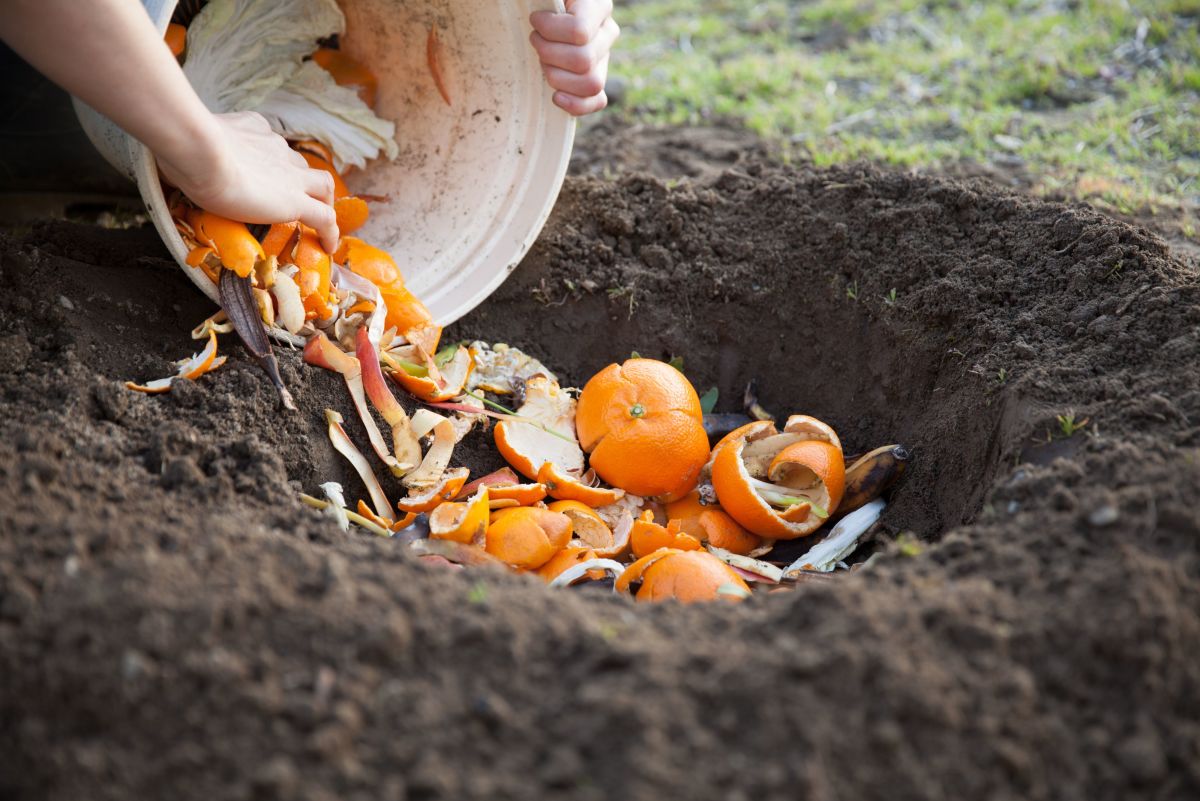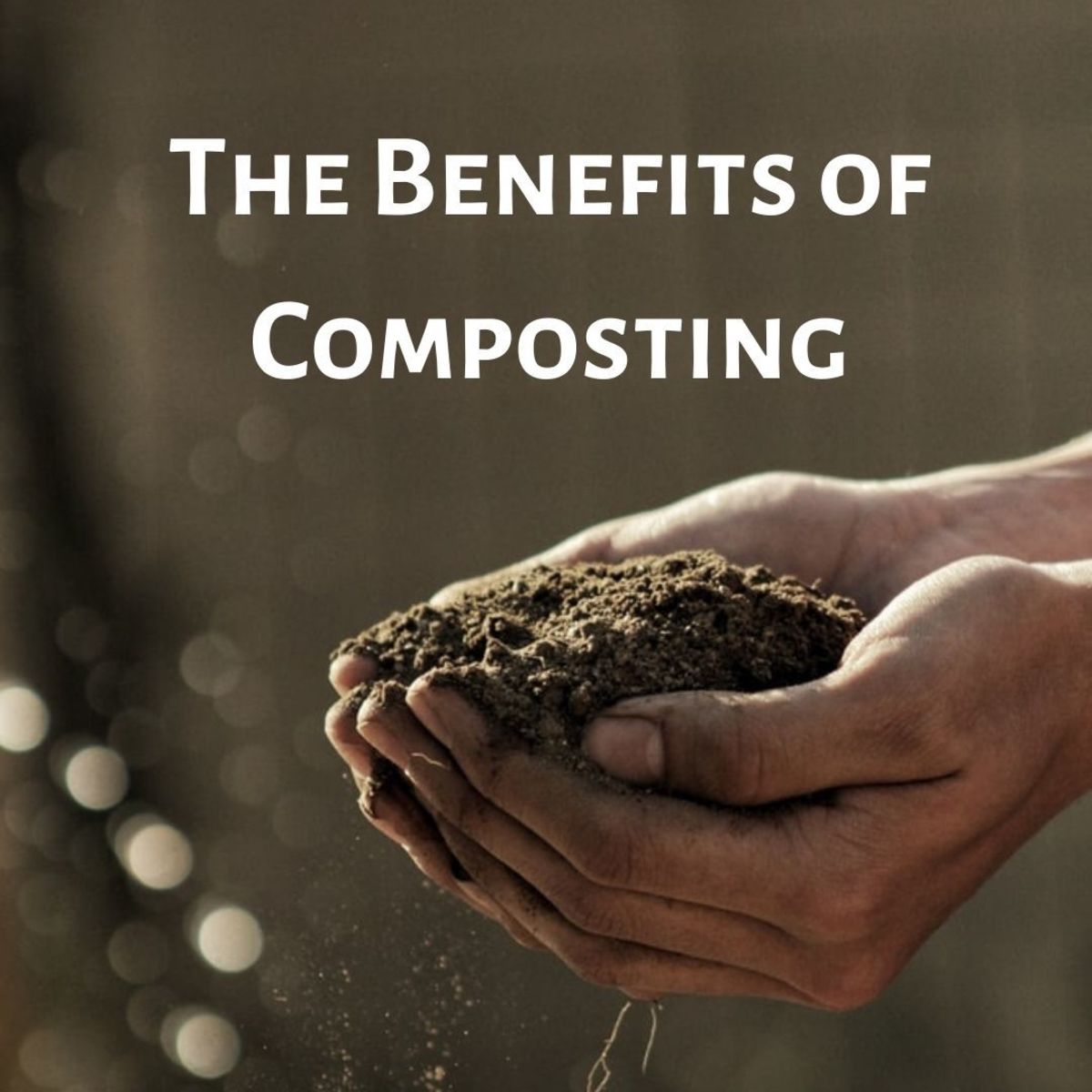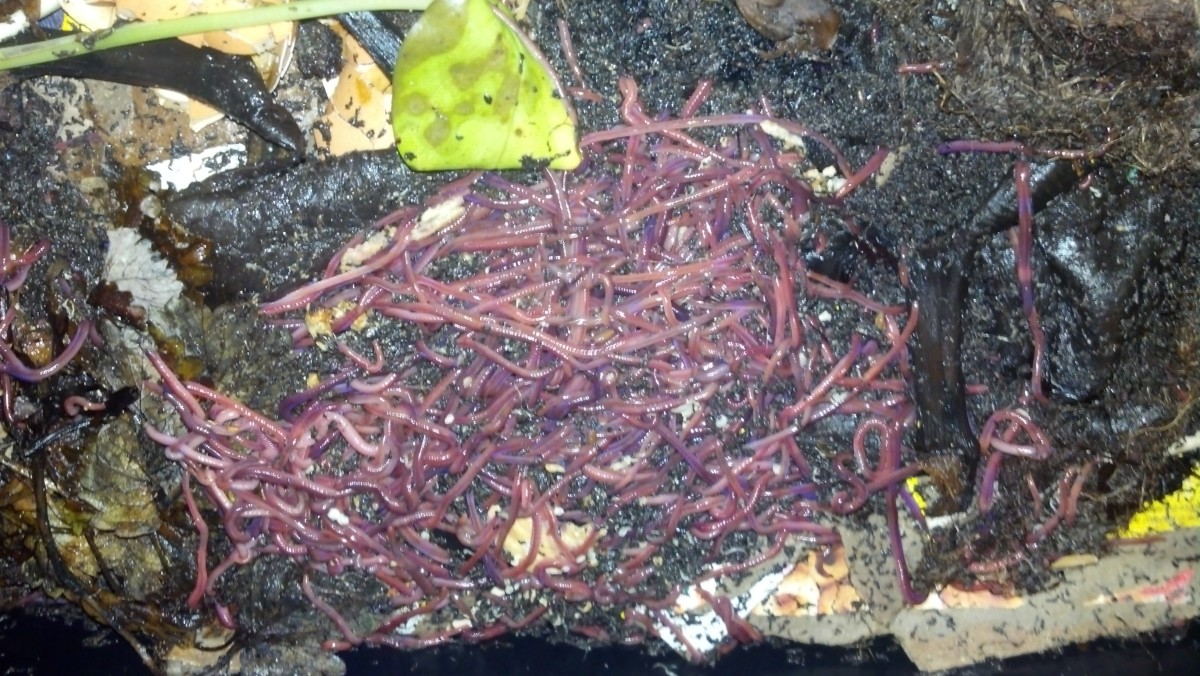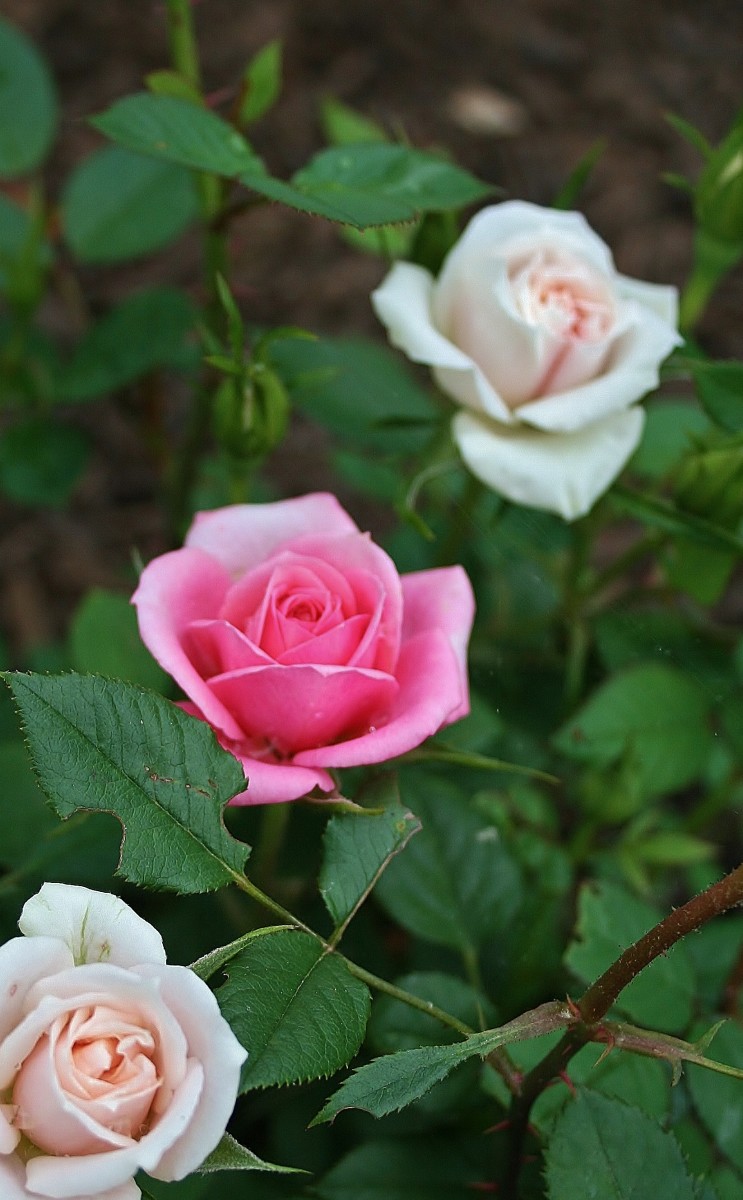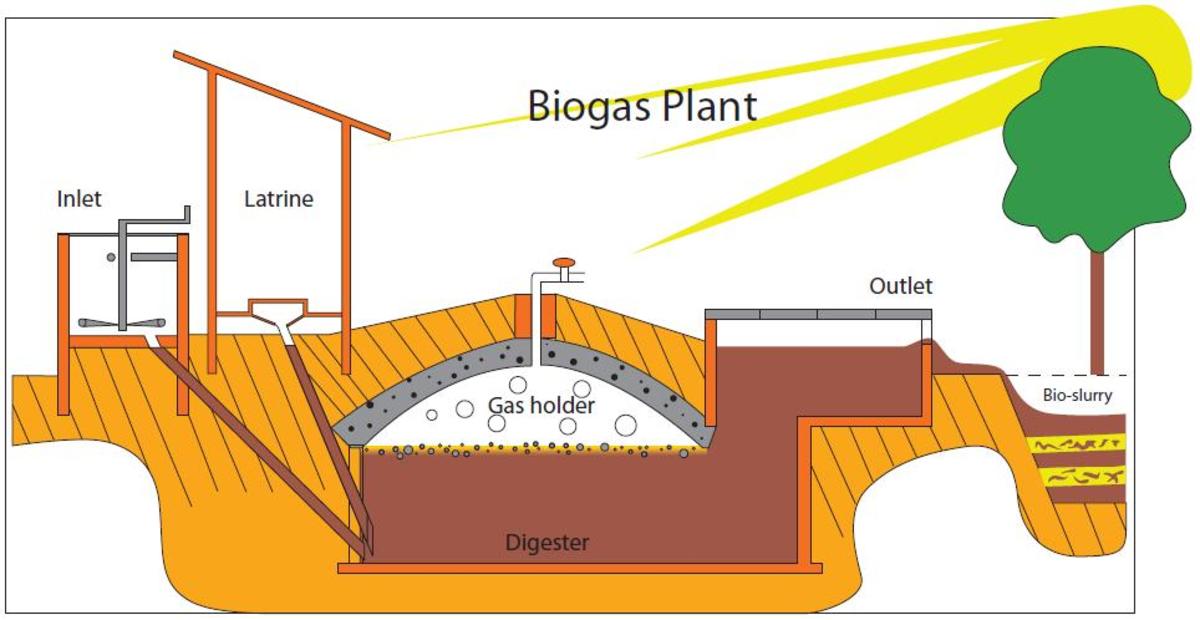Composting: A Green Practice that is Good for Your Garden
Compost: Garden Treasure from Trash
Composting is the process of taking natural/organic materials that would otherwise be discarded and putting them together. Adding small amounts of moisture and with the heat of the sun, food scraps and yard waste become food and soil amendments for your yard and garden.

How Composting Helps the Environment
Composting is beneficial for many reasons--and depending whether you are a green-energy proponent or a gardening enthusiast--it's difficult to say which reason is the most important.
Composting helps the environment by reducing the amount of space used in landfills for yard and kitchen wastes. It's estimated that one-fourth of all space in landfills is taken up with these items--items you can readily use back on your own lawn and garden.
If you're not going to the landfill as often, you are saving gas. Saving gas saves the environment and it saves you money.
You'll use fewer trash bags, reducing your costs, space in the landfill, and fewer plastic bags to decompose over the next millennium.
Using compost in your garden and lawn reduces the need for commercial fertilizers, or may replace that need altogether. Again, fewer or no commercial fertilizers saves you money. It means you and your lawn/garden are being exposed to fewer chemicals--and if enough people compost--eventually less chemical fertilizer will be produced, saving even more energy.
One consistent thread running through most of these environmental benefits is also about being frugal and saving money. A green enthusiast or not, most of us give a thumbs up to saving the green in out wallets.
Compost Bins Made of Pallets
Make Your Own Compost
What Goes Into Compost?
Let's start with what doesn't go into compost--it's a shorter list. Don't include meats, bones, fatty foods such as cheese, cat or dog manure or litter box waste. Some of these items encourage vermin and others such as the pet poop just isn't good for making compost.
Exclude weeds or your compost may lead to weed growth when used.
Fair game for the compost pile: Leaves, both green and brown; twigs; plant cuttings; biodegradable kitchen scraps; grass; dryer lint; and newspaper. Basically, any item that will decompose, excluding the items mentioned above can go into the compost pile.
Resources
- How to Compost.org
From beginners to experts this web site is designed to provide composting information and links to other people involved in all forms of composting. From home composting to compost tea, compost toilets, large scale composting, vermi and compost use. - How to Make Compost | WatchDoit
How to Make Compost-Paul James teaches a young gardener how to create her own compost - How to Brew Compost Tea : Outdoors : Home & Garden Television
HGTV.com brews compost tea to benefit and nourish plants.
Home Composting Part I
Helpful Hubs
- Starting a New Garden the No Dig Way using in-Garden Composting and Potatoes
Composting is a very popular way to break down waste organic matter such as lawn clippings, leaves, branches and kitchen wastes. But have you considered doing the composting right in the garden bed, and developing a new garden with a crop of potatoes - Composting in the City
- How to make a worm composting bin
- Midwest Gardening: Save Money on Grocery Bills With a Home Kitchen Garden
More Composting Information
Where to locate your compost pile? It is best to locate your compost pile or bin where it will receive a good dose of sunlight. The sunlight provides the heat that allows the bacteria and nutrients to break down the individual items in the "fermenting" compost into the rich final product.
Place the compost pile/bin away from other vegetation such as trees and shrubs. These will rob the nutrients from the compost as it develops, leaving you with less than top-notch compost.
How big should my compost pile be? If you're locating your compost in something other than a bin designed for that function, you need the compost area to be at least 3 foot by 3 foot. Anything too small won't allow the piled material to develop the heat needed for the break down process. You can go larger, but must ensure you pile the material high enough for heat to be generated within it.
How long does it take to make the final product? The amount of time it takes for the scrap material to break down into usable compost will depend in part on the method used and how well you tend it. Compost made in an outside compost bin will likely take 3 to 4 months before reaching the usable stage.
One way to speed up the process is to add a shovel-full of usable compost to the new pile or bin. Maybe you have a friend or neighbor who would provide this for you the first time around. Once you have your own compost pile, just remember to save some as a starter for your next pile.
Adding blood nitrogen to each layer of material can also speed up the break down process.

